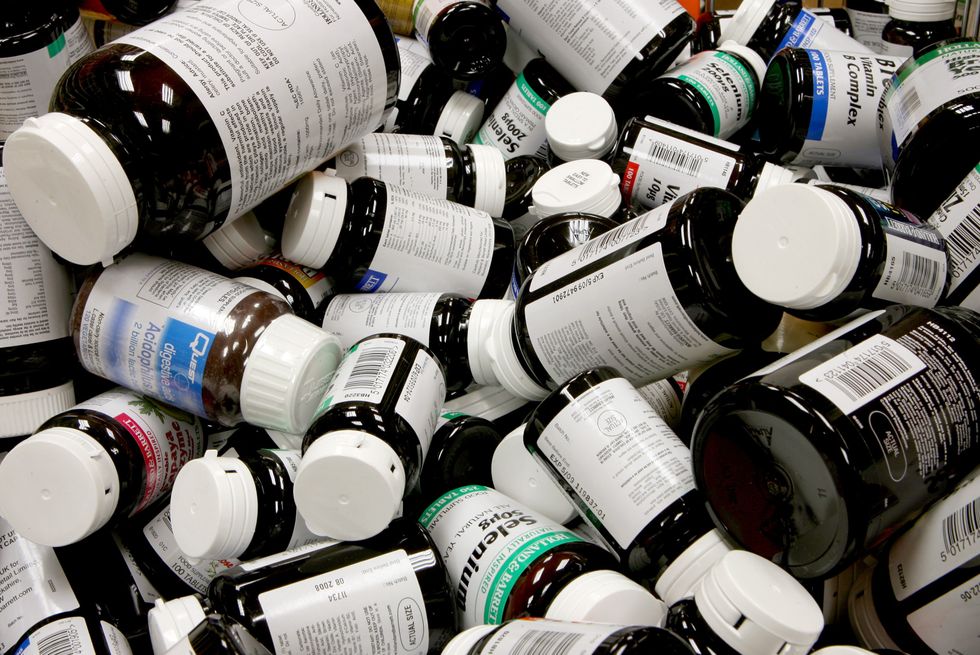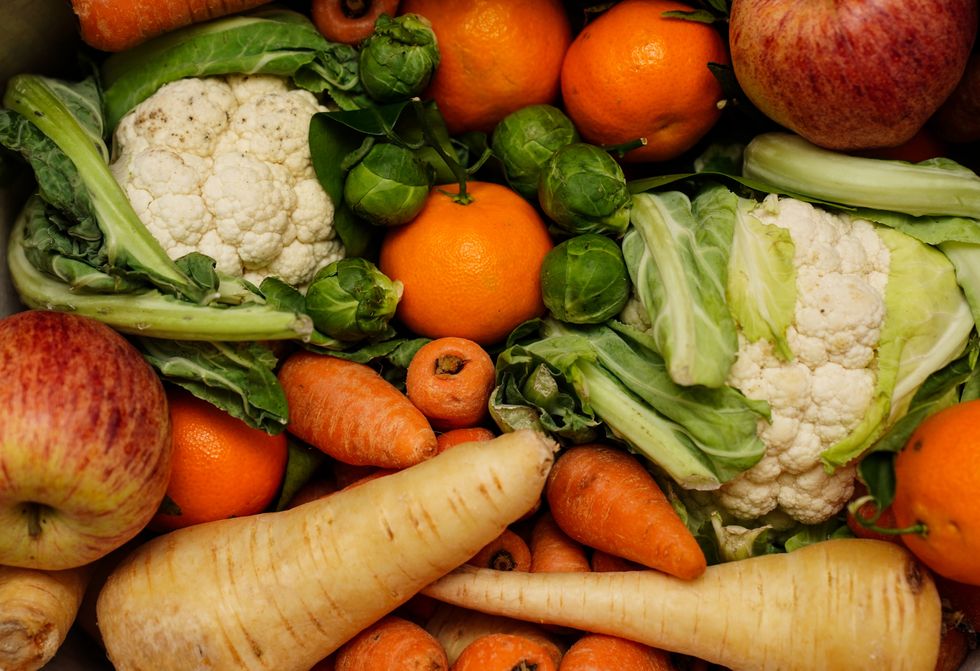Revealed: How 'silent pandemic' could place MILLIONS of Britons at risk of dementia or cancer
Experts have blamed fast food consumption, rising popularity of vegan diets and the cost of living crisis
Don't Miss
Most Read
Latest
A "silent pandemic" of B vitamin deficiency is affecting up to half of all UK adults, potentially increasing their risk of dementia, depression and other serious health conditions, experts have warned.
Dr Harry Jarrett - head of science and research at supplement brand Heights - explained that these vital nutrients are fundamental to human health, yet millions of Britons are unaware they're deficient.
"These nutrients play such an important role in various different reactions throughout the human body. Without them, the body simply can't function," Jarrett said.
The eight B vitamins are essential for storing and releasing energy from food, maintaining a healthy nervous system, forming red blood cells, and protecting skin and eye health.

A "silent pandemic" of B vitamin deficiency is affecting up to half of all UK adults, potentially increasing their risk of dementia, depression and other serious health conditions (Stock)
|PA
Experts have attributed the widespread deficiency to fast food consumption, rising popularity of vegan diets, the cost of living crisis, and insufficient supplement use.
NHS figures reveal a "very concerning" 400 per cent rise in hospital admissions for vitamin B12 and B9 (folate) deficiency since 1998/99.
The crisis appears to be worsening, with a 15 per cent increase in admissions for B vitamin deficiency (excluding folate) from the previous year alone as an international study published in The Lancet Global Health found that more than four billion people worldwide do not consume enough riboflavin or folate from their diet.
"That's over 50 per cent of the global population, so it's a major concern," Jarrett said.
The vitamin, found in milk, eggs, mushrooms and plain yoghurt, is crucial for energy production and iron metabolism.
Jarrett warned that deficiency can lead to serious complications: "In the short-term, riboflavin deficiency presents as cheilosis (sores around the mouth), glossitis (swollen and sore tongue) and swelling of the mouth and throat."
LATEST HEALTH NEWS:
Folate deficiency has reached "extremely alarming" levels, with data from the UK National Diet and Nutrition Survey showing a consistent decline in blood folate levels among adults and children.
"Of great concern is that now almost nine out of 10 women have folate levels that increase their risk of a neural tube defect affected-pregnancy," he warned.
Initial symptoms of folate deficiency include extreme tiredness, weakness, and memory problems.
If untreated, the condition can lead to cognitive dysfunction and dementia, with studies showing those with the lowest folate levels face an 80 per cent increased risk of depression.
The vitamin, found in vegetables like cabbage, kale and broccoli, is crucial for red blood cell formation and DNA synthesis.
Those most at risk of B vitamin deficiencies include pregnant women, who require increased folate intake to support foetal development, as Jarrett explained: "During pregnancy, the body's requirement for folate increases to support the healthy development of the foetus."

The vitamin, found in vegetables like cabbage, kale and broccoli, is crucial for red blood cell formation and DNA synthesis (Stock)
|PA
The elderly - as well as vegans and those with lactose intolerance - are particularly vulnerable to riboflavin deficiency, as dairy products are primary sources of the vitamin.
"Evidence also suggests that certain conditions may increase your risk, including alcoholism, diabetes and anorexia," the expert said.
However, he emphasised that the deficiency crisis affects the broader population, saying: "A large proportion of the UK population are riboflavin deficient, regardless of age and health status, and thus the deficiency pandemic is a population-wide problem."
"For riboflavin, increasing consumption of milk and dairy products will improve your intake, and eating more green leafy vegetables will help with folate levels," Jarrett has revealed.
However, this approach isn't feasible for everyone, particularly those with dietary restrictions or intolerances.
"If you don't think you are hitting your B-vitamin requirements, which could very likely be the case for riboflavin and folate, consider supplementation," he recommended.











